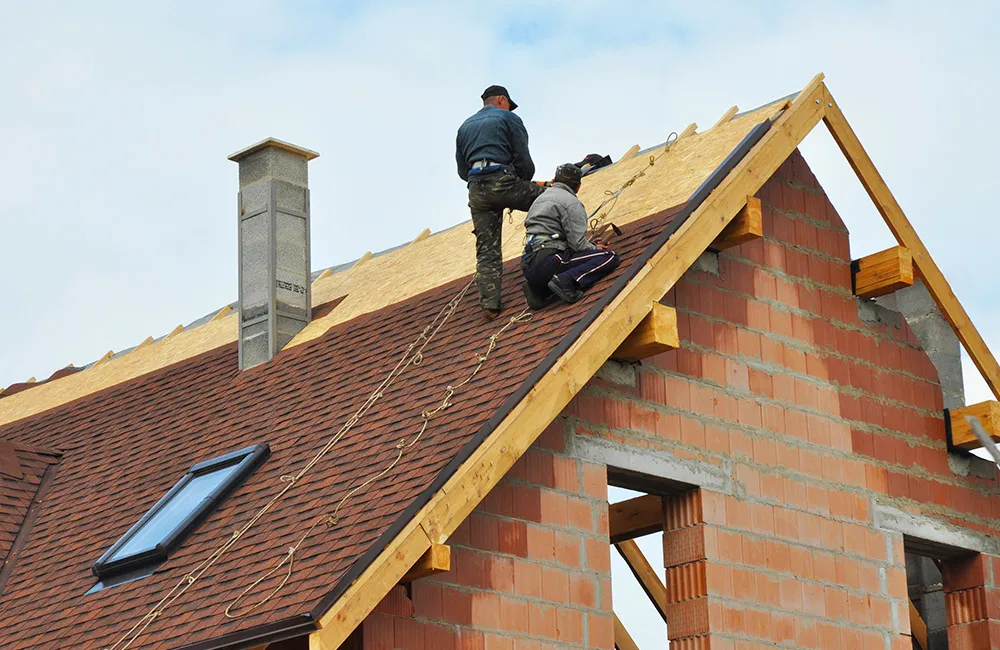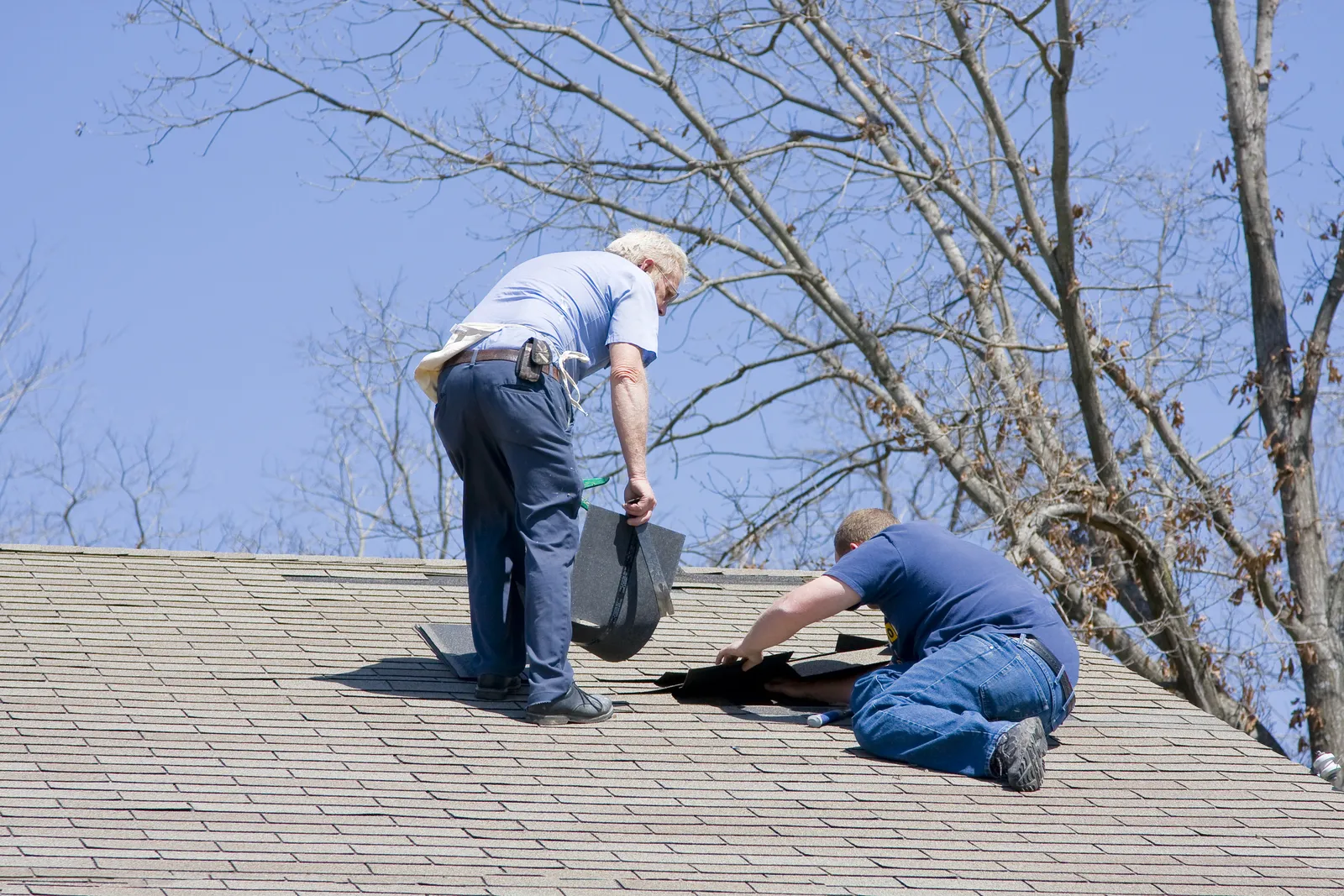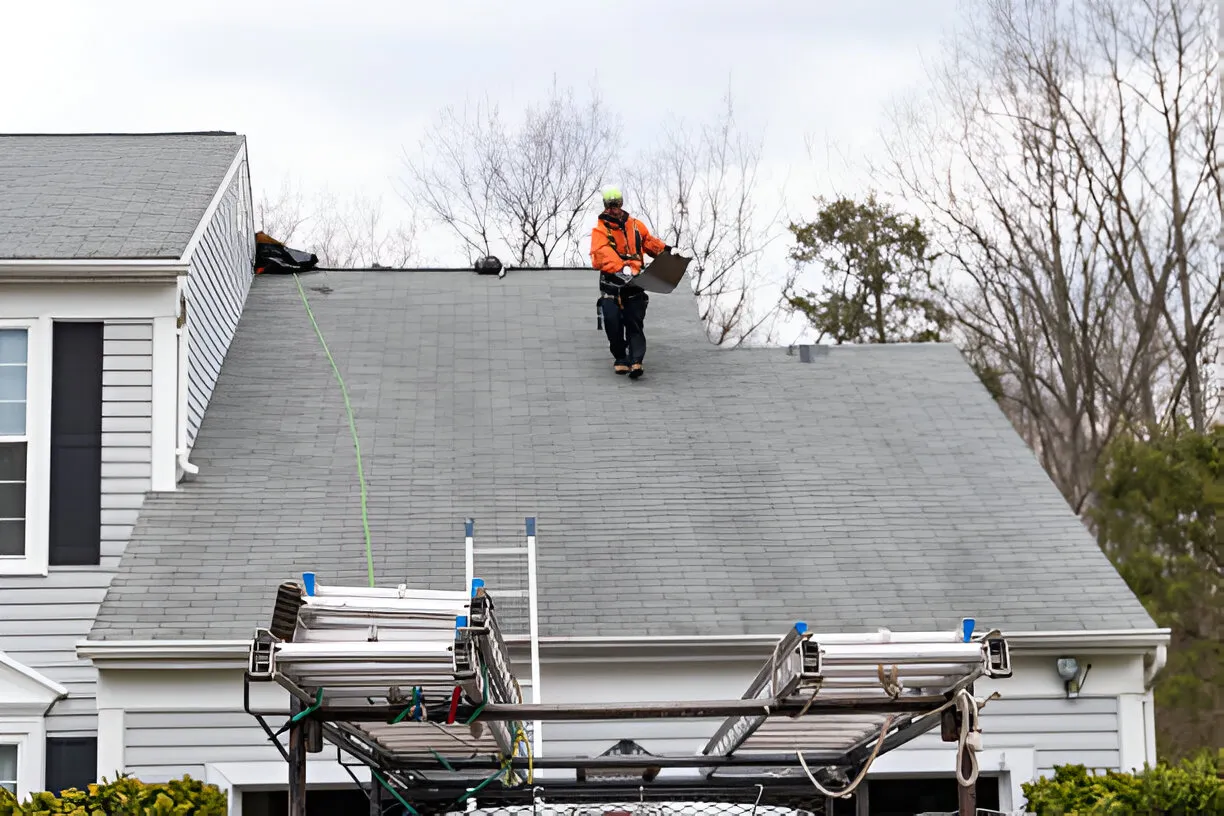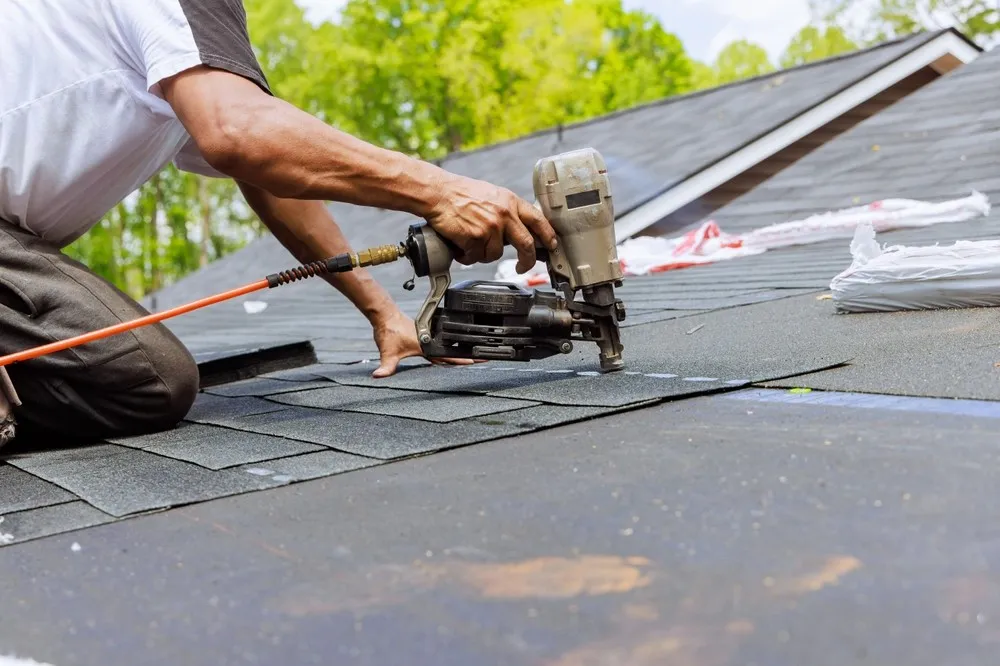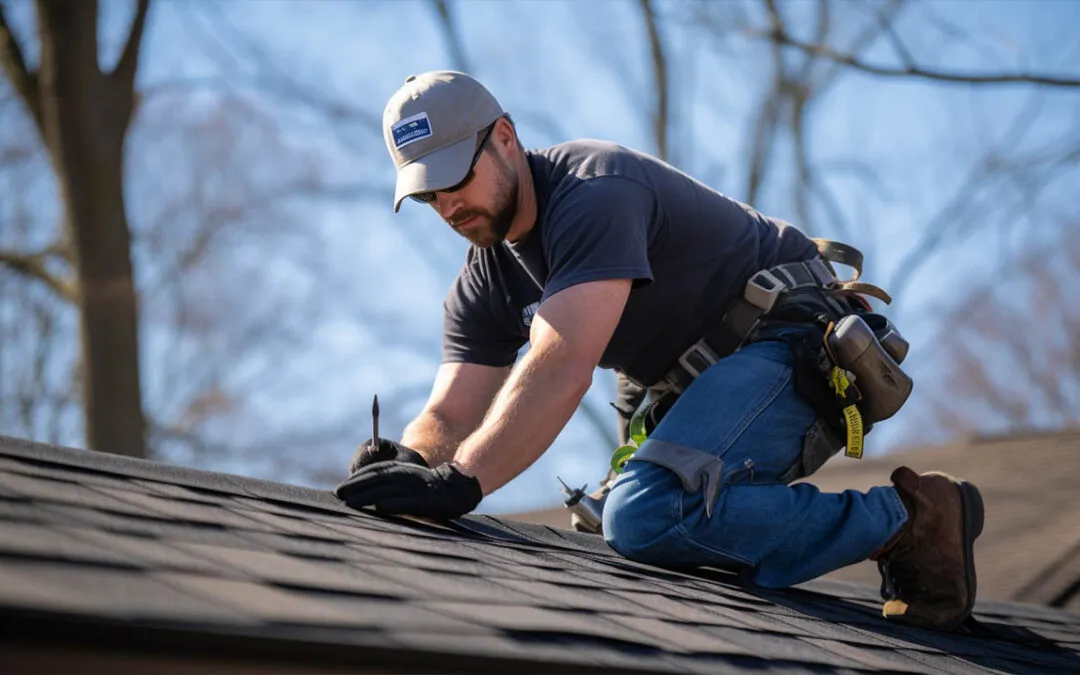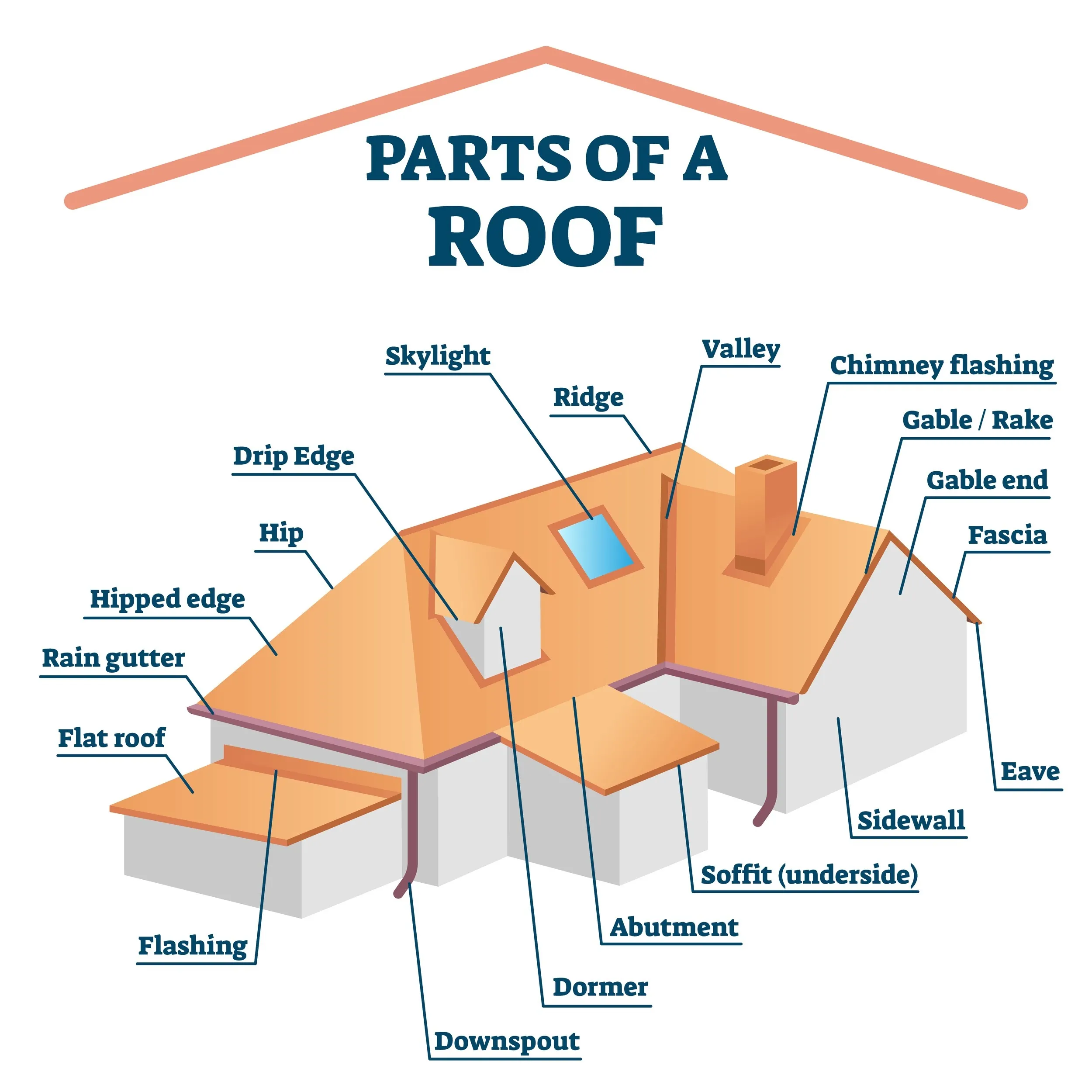Luxury Vinyl vs Hardwood Flooring: Which is Better for Your Home?
When it comes to choosing the right flooring for your home, the debate between Luxury Vinyl and Hardwood Flooring has become one of the most common dilemmas for homeowners. Both options offer unique benefits, aesthetic appeal, and long-term value, but they also come with distinct differences in cost, durability, maintenance, and environmental impact. In this article, we’ll explore the pros and cons of each flooring type, helping you make an informed decision about which is better for your home.
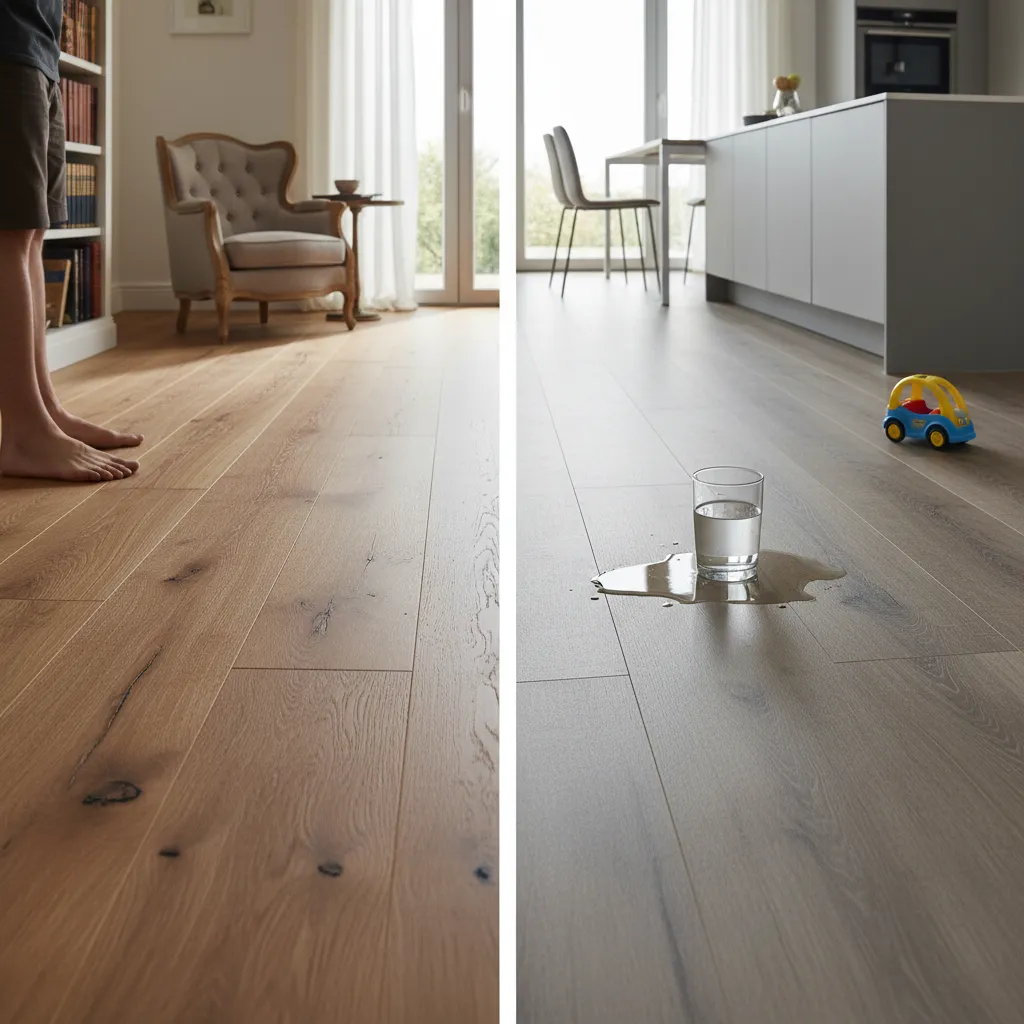
The History of Hardwood and Luxury Vinyl Flooring
Hardwood flooring has been a staple in homes for centuries, admired for its natural beauty, durability, and timeless appeal. From colonial mansions to modern luxury homes, hardwood has symbolized elegance and permanence. Its history dates back to the 1600s, when hand-scraped planks were first used in European estates.
On the other hand, Luxury Vinyl Flooring (LVF) is a relatively modern innovation. Introduced in the mid-20th century, vinyl flooring was initially seen as a budget-friendly alternative to wood. Over time, technological advancements transformed it into a high-quality product that can mimic the look and feel of natural hardwood with impressive accuracy.
Appearance and Aesthetic Appeal
One of the biggest factors in the Luxury Vinyl vs Hardwood Flooring debate is appearance. Hardwood offers authentic grain patterns, rich textures, and natural color variations that no synthetic material can fully replicate. Each plank is unique, giving your home a one-of-a-kind look.
Meanwhile, Luxury Vinyl has made huge strides in design. With advanced 3D printing technology, LVF can replicate wood grains, knots, and even textures so convincingly that many people can’t tell the difference at first glance. It also offers more variety in styles, colors, and finishes, making it a versatile choice for modern interiors.
Hardwood’s Natural Beauty
- Unique grain patterns
- Warm, organic feel
- Timeless elegance
Luxury Vinyl’s Versatility
- Wide range of colors and finishes
- Can mimic exotic woods affordably
- Customizable styles for modern homes
Cost Considerations
Cost is often the deciding factor for homeowners. Hardwood flooring is generally more expensive, both in material and installation. Depending on the wood species, prices can range from $8 to $15 per square foot, with exotic woods costing even more.
Luxury Vinyl, on the other hand, is far more budget-friendly. Prices typically range from $2 to $7 per square foot, including installation. This makes it an attractive option for homeowners who want the look of wood without the hefty price tag.
Key Takeaway: If budget is your top concern, Luxury Vinyl is the clear winner. But if long-term value and resale appeal matter more, Hardwood may be worth the investment.
Durability and Lifespan
Hardwood flooring is known for its durability, but it is also vulnerable to scratches, dents, and moisture damage. With proper care, hardwood can last for decades—even over 100 years in some cases. It can also be refinished multiple times, restoring its original beauty.
Luxury Vinyl is highly resistant to scratches, stains, and water damage, making it ideal for high-traffic areas and homes with pets or children. However, its lifespan is typically shorter, averaging 15–25 years depending on quality and maintenance.
Installation Process
Installing Hardwood flooring is a labor-intensive process that often requires professional expertise. It involves nailing, gluing, or stapling planks, and may also require subfloor preparation.
Luxury Vinyl is much easier to install. Many LVF products feature click-lock systems that allow for DIY installation. They can be installed over existing floors, saving time and money.
Installation Comparison
- Hardwood: Professional installation recommended, longer process
- Luxury Vinyl: DIY-friendly, faster installation
Maintenance and Cleaning
Hardwood floors require regular maintenance, including sweeping, vacuuming, and occasional refinishing. They are sensitive to moisture, so spills must be cleaned immediately to prevent warping.
Luxury Vinyl is low-maintenance. It only requires sweeping and occasional mopping with a mild cleaner. Its water resistance makes it a practical choice for kitchens, bathrooms, and basements.
Comfort and Acoustics
Hardwood flooring feels solid and warm underfoot, adding a sense of luxury to any room. However, it can be noisy, especially in multi-story homes, unless paired with proper underlayment.
Luxury Vinyl is softer and more comfortable to walk on, thanks to its cushioned layers. It also provides better sound absorption, making it a quieter option for busy households.
Environmental Impact
When it comes to sustainability, Hardwood flooring has the advantage if sourced responsibly. Many hardwood products are certified by organizations like the Forest Stewardship Council (FSC), ensuring eco-friendly harvesting practices.
Luxury Vinyl, while durable, is made from synthetic materials like PVC, which are less environmentally friendly. However, some manufacturers are now producing recyclable and low-VOC vinyl options to reduce environmental impact.
Resale Value and Market Perception
One of the biggest advantages of Hardwood flooring is its impact on resale value. Real estate experts agree that hardwood floors can significantly increase a home’s market appeal and selling price.
Luxury Vinyl, while attractive and practical, does not carry the same prestige. Buyers often view it as a budget-friendly alternative rather than a luxury feature, which may affect resale value.
Which is Better for Your Home?
The choice between Luxury Vinyl vs Hardwood Flooring ultimately depends on your lifestyle, budget, and long-term goals. If you value authenticity, timeless beauty, and higher resale value, Hardwood is the better choice. But if you need affordability, water resistance, and low maintenance, Luxury Vinyl may be the smarter option.
Quick Decision Guide
- Choose Hardwood if: You want long-term value, natural beauty, and don’t mind higher maintenance.
- Choose Luxury Vinyl if: You need durability, water resistance, and a budget-friendly solution.
Conclusion
In the end, the debate of Luxury Vinyl vs Hardwood Flooring doesn’t have a one-size-fits-all answer. Both flooring types offer unique advantages that cater to different needs. By weighing factors like cost, durability, maintenance, and resale value, you can make the best decision for your home. Whether you choose the timeless elegance of Hardwood or the practical versatility of Luxury Vinyl, the right flooring will enhance your home’s comfort, style, and value for years to come.

